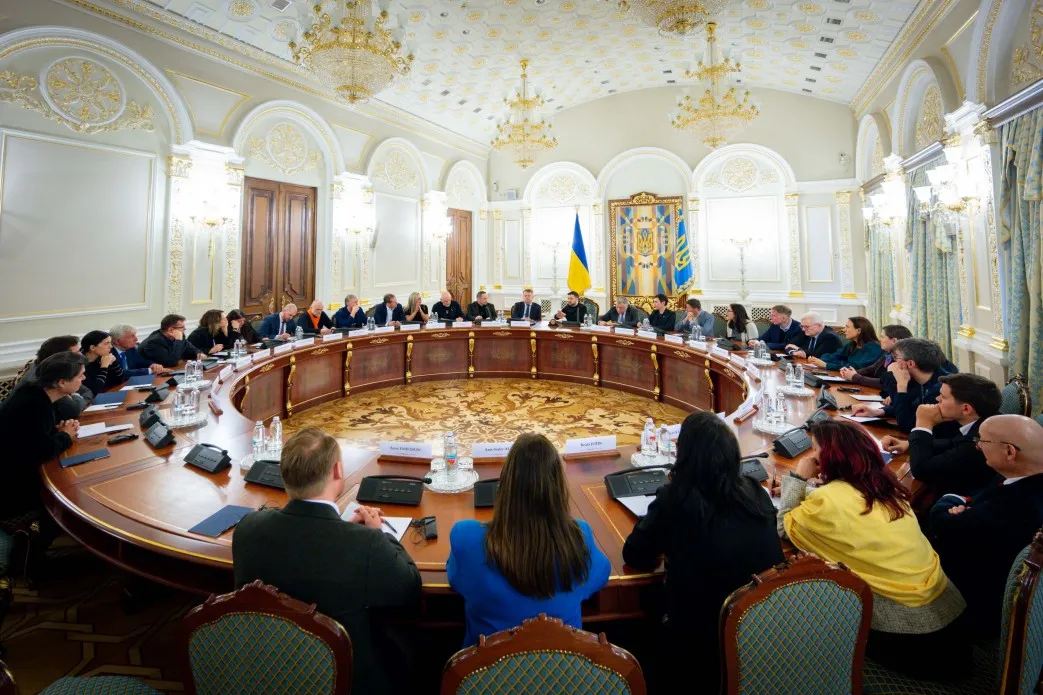The main purpose of Argentine President Alberto Fernández’s 20-minute meeting on March 29 with President Joe Biden was to ask—plead, beg—for Biden’s support for Argentina at the IMF as it tries to renegotiate the terms of the onerous $44 billion Extended Fund Facility debt which it cannot meet. Argentina is asking the IMF to reduce the level of foreign reserves it demands the Central Bank keep on hand and ease up on other conditionalities. The loss of between $15-$20 billion in revenue derived from export taxes on soy and corn, due to the drought, is a major factor in the drop in reserves.
Fernández told Biden the support he is requesting, possibly including more funds, would serve as a “bridge” between now and the October presidential elections to prevent a financial blowout and major economic and social upheaval. According to all reports, Biden told Fernández he had instructed his “team” to help and later in a larger meeting which included Treasury Secretary Janet Yellen, turned to her and said he was sure she would manage the Argentine situation “as efficiently” as she had managed to “neutralize” the current banking crisis “in just one week.” What?
What does the U.S. want in return? Asked in an interview in Buenos Aires whether Biden had brought up China, Fernández said yes, but only indicated he wants “fair competition” with Beijing, a level playing field. Not exactly. According to several reliable media reports, Fernández was bluntly told: don’t buy the JF-17 fighter jets being discussed with China; forget about Chinese 5G technology; stop the Atucha III nuclear plant that China is scheduled to build; don’t contract a Chinese consortium to dredge the Paraná River, part of the strategically important Paraná-Paraguay Waterway, and keep China out of Ushuaia, in Tierra del Fuego, where it has plans to build a multipurpose port. Not too much.
In an April 1 press release, the IMF reported that its Executive Board had approved the revision for the last quarter of 2022 and disbursed $5.4 billion which went right into Argentina’s Central Bank and then right back out to the Fund to pay a debt that came due. The Fund noted it had approved modifications to the “reserve accumulation targets” to offset the effect of the drought (in the amount of $2 billion), but otherwise demanded “a stronger policy package … to safeguard stability"—more austerity. It also demanded that the fiscal deficit target of 1.9% of GDP remain in place “to strengthen debt sustainability.”
Additional austerity measures include accelerating the elimination of subsidies for energy rates, raising interest rates (already at 78%) “to tackle high inflation,” and continuing the devaluation of the exchange rate to keep pace with inflation (which is at 110%). The Fund warns that “additional macroeconomic policy tightening and further modifications to FX [foreign exchange] policies may be required to safeguard macroeconomic stability.” According to Página 12’s economist Alfredo Zaiat, U.S. Deputy Secretary of State Wendy Sherman, who participated in meetings with Fernández and his team, will travel to Argentina on April 12, to make sure the government is following through on what was discussed at the White House March 29.


